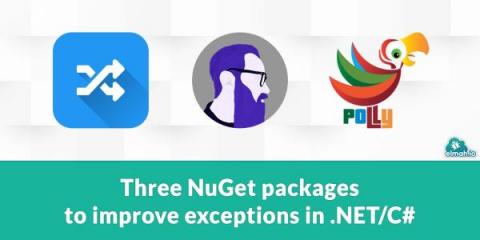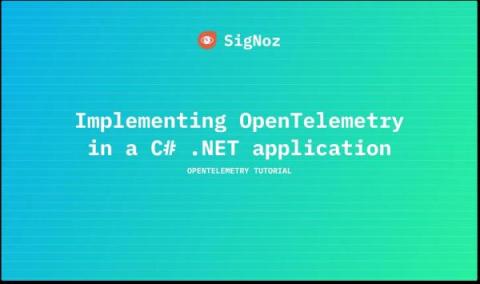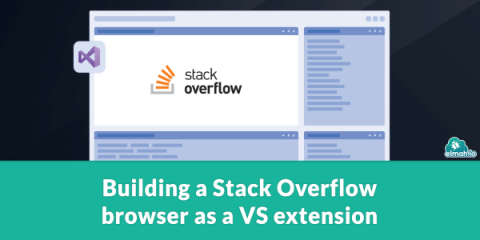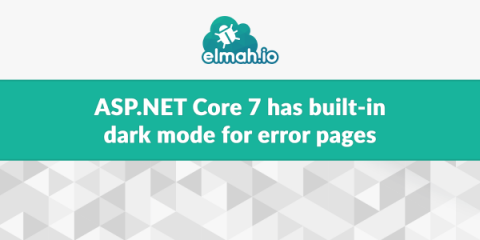Three NuGet packages to improve exceptions in .NET/C#
We love exceptions. Not in the oh-no-my-website-crashed kind of way, but all of the possibilities provided by exceptions and a good exception handling strategy. In this post, I'll introduce you to three different NuGet packages that will help you when dealing with exceptions in C#. .NET comes with a set of exceptions as part of the C# language. You've probably tried creating your own exceptions too by extending System.ApplicationException or similar.











